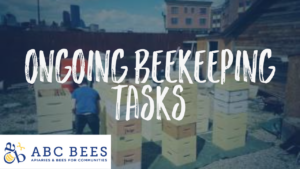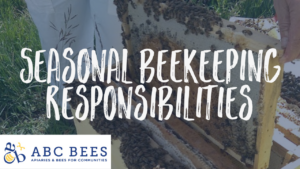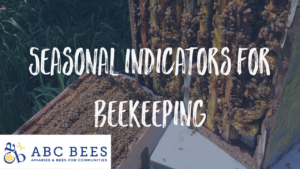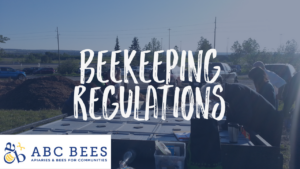Ongoing Beekeeping Tasks
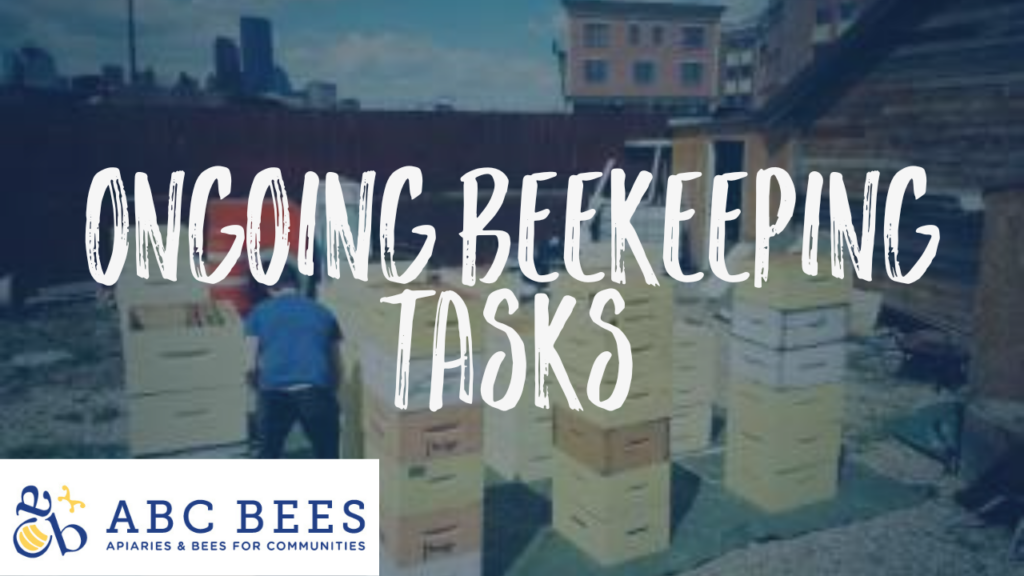
Outcomes Learners will have a comprehensive understanding of the year-round tasks necessary for successful beekeeping. Key Takeaways Beekeeping involves managing hives for honey production and immersing in the intricacies of nature. Successful year-round beekeeping requires adapting tasks to changing seasons. Seasonal preparation includes stocking up on feed, equipment, and medications. Regular hive inspections […]
Seasonal Beekeeping Tasks
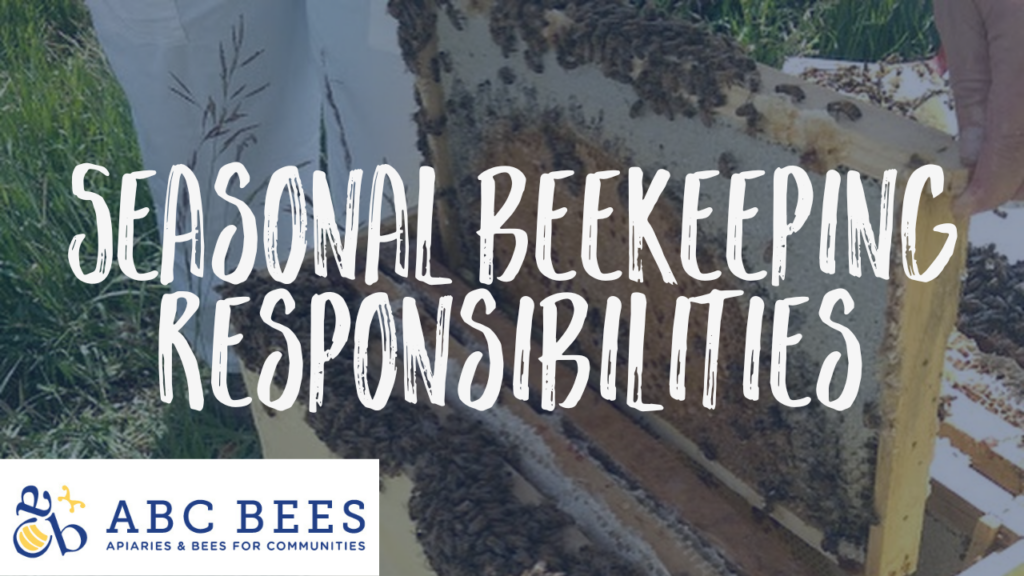
Outcomes Learners will have a clear understanding of the essential seasonal tasks necessary for effective beekeeping. https://youtu.be/Hhi7KiXztBU Beekeeping is a fascinating and rewarding hobby or profession, but it’s not a set-it-and-forget-it endeavor. To successfully manage your apiary, you need to follow a set of essential seasonal tasks that cater to the needs of your […]
Seasonal Indicators for Beekeeping
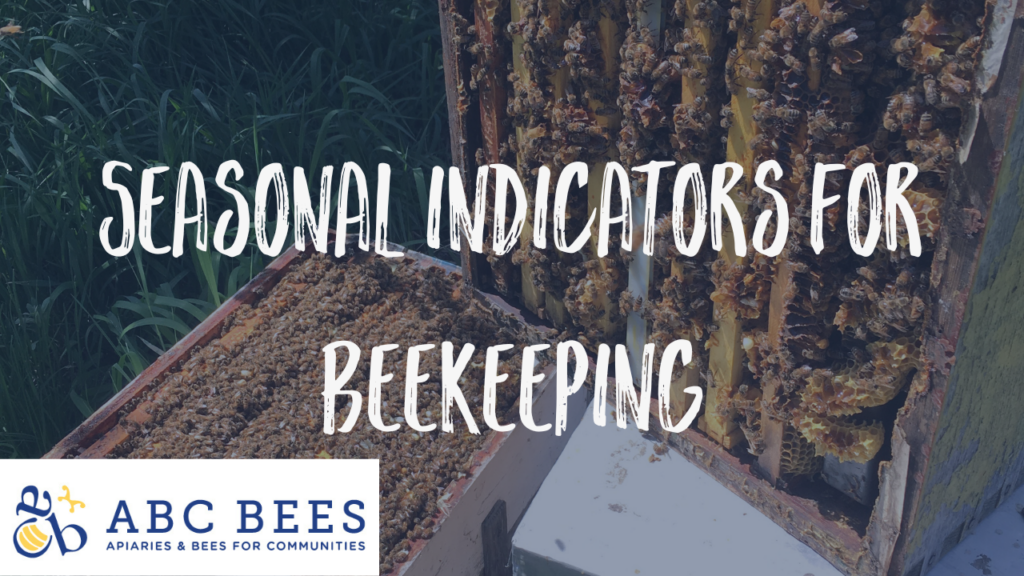
Outcomes Learners will be able to identify key seasonal indicators in beekeeping, including flow, temperature, and climate. Key Takeaways Flow signifies the period when nature provides abundant food for bees; it varies by region and year. Recognizing local flora indicators of flow helps plan hive activities. Temperature plays a crucial role, affecting tasks […]
Oxalic Acid Sublimation
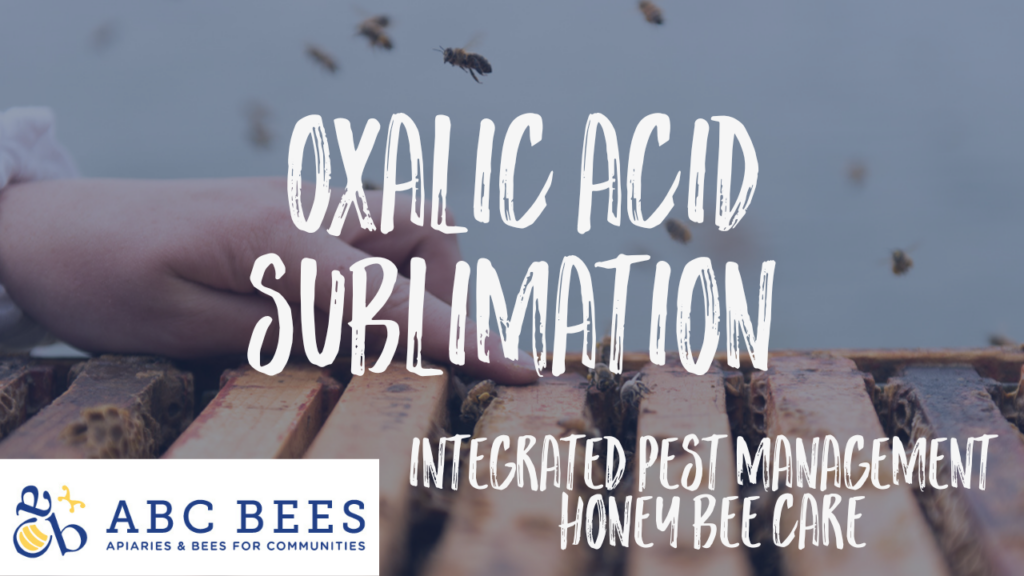
Outcomes Learners will gain the knowledge and skills to safely and effectively apply oxalic acid sublimation for varroa mite control in beekeeping. Key Takeaways Effective Varroa Mite Control: Discover how the innovative use of an oxalic acid sublimator wand provides a powerful method for addressing varroa mite infestations in beehives. Learn how this […]
How to Install a Bee Package
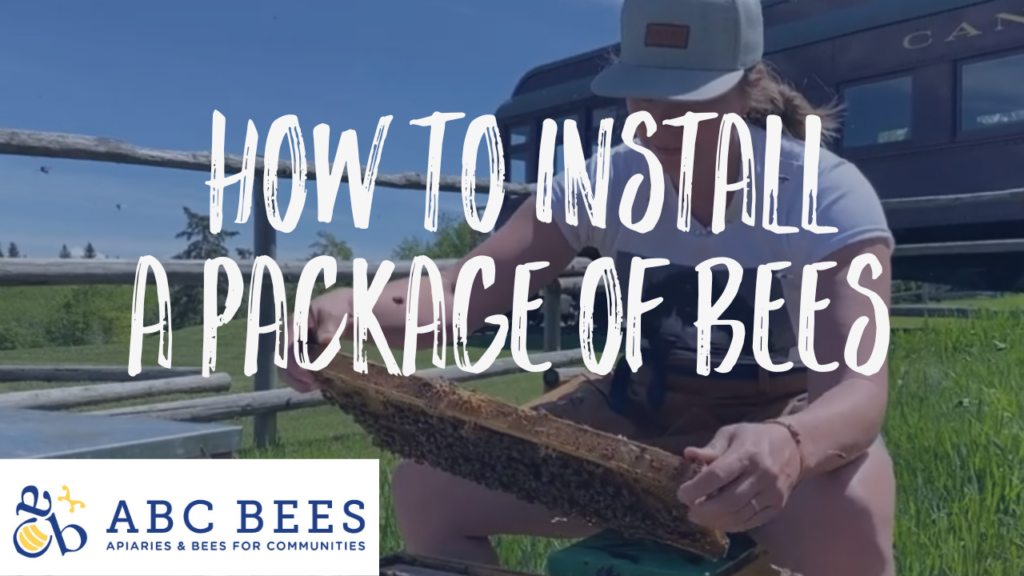
Outcomes Learners will be equipped with essential tips to confidently and effectively guide the process of installing a bee package. Key Takeaways Tip 1: Gather all hive equipment, including bottom board, frames, inner cover, lid, and entrance reducer. Tip 2: Elevate the beehive on a hive stand at least six centimeters off the ground […]
Performing a Survival Check
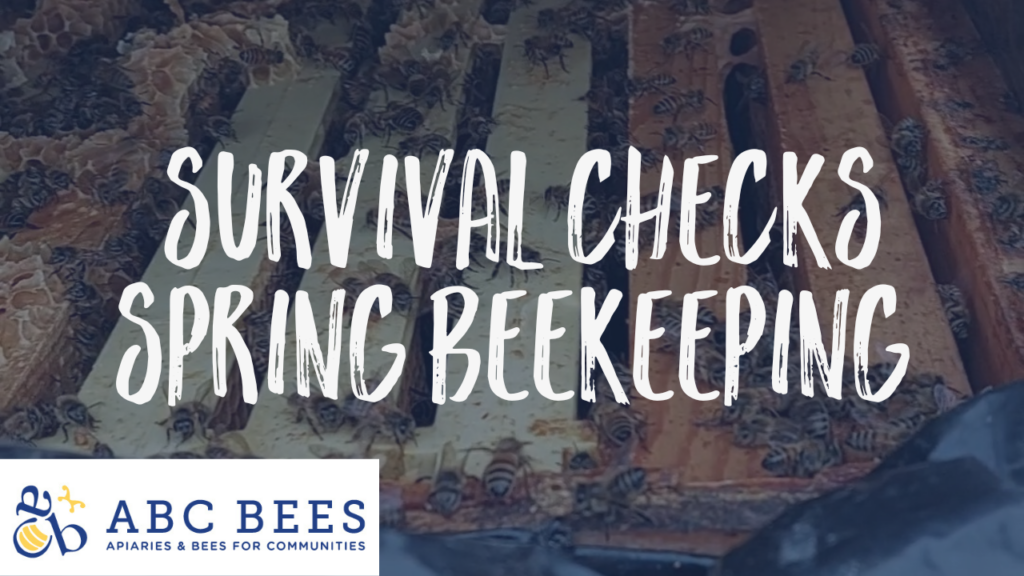
Outcomes Learners will understand how to conduct a survival inspection for beehives and implement effective spring feeding techniques to support the well-being and survival of bee colonies during the critical springtime period. Key Takeaways Survival inspections are vital health check-ups for beehives, allowing beekeepers to assess colony well-being and identify potential issues. Spring feeding […]
All About Flow
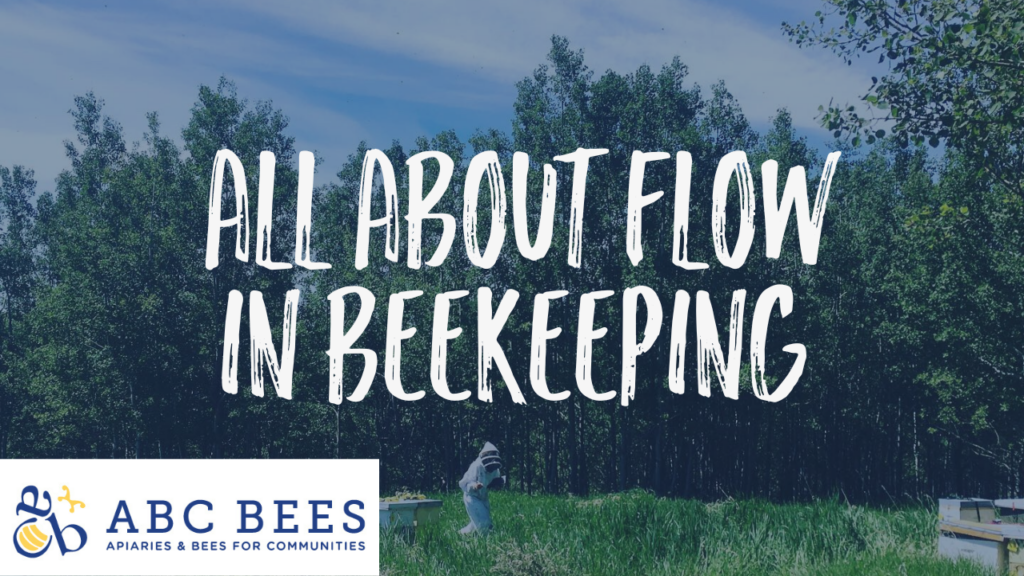
Informative video and blog on honey bees and nature; flow and dearth and management.

